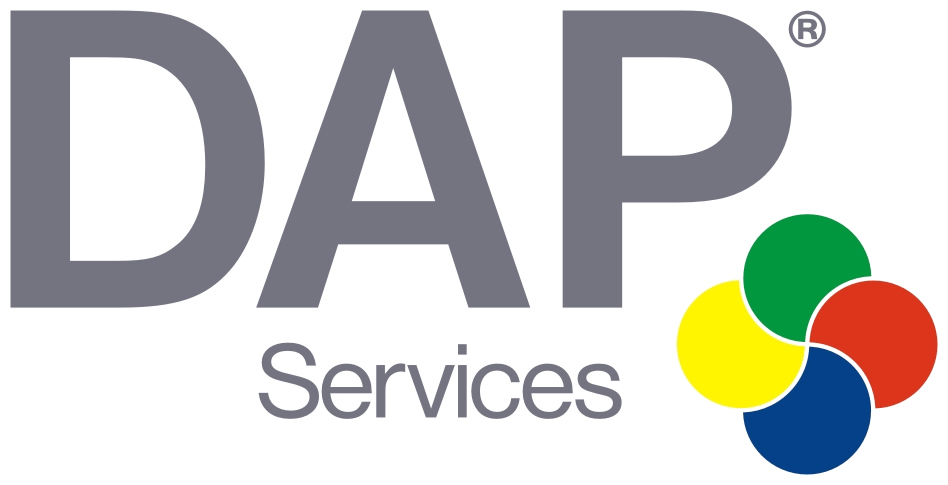But what about numbers? We see numbers 3, 4, 7 (three, four, seven), we can put them into a number 347 (three hundred forty seven), and then? Then nothing - that’ all we can see, number 347. For any further actions we need auxiliary, instruction signs called mathematical signs. We can’t (haven’t learnt to) see the previous three numbers automatically as an arithmetic operation 3 + 4 = 7. We see a cluster of numbers 1355 and nothing else. Part of our brain is searching through historical events if it’s not some important date. We might pick up 155 as an emergency number (CZ) but we are not able to automatically see an arithmetic operation 3 * 5 = 15 like we did with the letters (heatr).
Everyone knows crosswords and scrabble-like games, it seems perfectly natural to play games with letters and words. It is obvious that such games extend active vocabulary and improve reactions. But what if we learn to read numbers the same way as letters and create combinations that make sense as arithmetic operations? Most of the people find it hard to believe that something like that can exist. And yet, it does. It is Abaku method.
Introduce Abaku to children, start using activities that it offers, and it won’t take long for you to stand in awe. Children will start to play with numbers, spontaneously compose operations with numbers they see around them, be it number plates or a date. There might be a chance for a new generation to grow up, not fearing mathematics and considering it to be a great tool for exploring the world.
And it sticks. Just like you learn how to read once and for all, you can learn how to count. Counting is not mathematics, just like reading is not literature. But the ability to work with numbers opens the door to the world of mathematical beauties just like the ability to read opened for us the door to the beautiful world of books.
We can’t change the society’s attitude towards mathematics overnight, however we can participate in raising a generation that won’t have prejudice towards math. And Abaku will help.
Alena Vávrová, Passionate Math Teacher, Team member of www.abaku.org

